Table Of Content
- Choosing the Right Campsite
- Consider Terrain and Accessibility
- Check for Potential Hazards
- Search for Natural Wind Barriers
- Informing Someone of Your Plans
- Why Should You Inform Someone of Your Plans?
- Key Information to Share
- Ensuring Your Safety: A Comprehensive Guide for Solo Campers
- Bringing Essential Safety Gear
- Setting Up Camp Strategically
- Understanding Wildlife Safety
- Setting Up Camp Strategically
- Choosing a Safe Spot
- Keeping a Low Profile
- Creating a Safety Perimeter
- Understanding Wildlife Safety
- Stay Informed
- Keep Your Distance
- Proper Food Storage
- Make Noise
- Fire Safety Precautions
- Build Your Fire Responsibly
- Extinguish Your Fire Properly
- Be Mindful of Fire Hazards
- Pack a Fire Extinguisher
- Navigation and Communication Tools
- GPS Device or Smartphone with GPS Functionality
- Compass and Map
- Whistle and Signal Mirror
- Portable Charger or Power Bank
- Maintaining Situational Awareness
- What is Situational Awareness?
- Why is it Important for Solo Campers?
- Tips for Enhancing Situational Awareness
- Benefits of Maintaining Situational Awareness
- Frequently Asked Questions (FAQs)
- What are some essential personal safety tips for solo campers?
- How can solo campers ensure camping safety?
- What should be included in a solo camping guide for personal safety?
- Is it safe for solo campers to venture into remote areas?
- How can solo campers stay alert and aware of their surroundings?
- What safety precautions should solo campers take during extreme weather conditions?
Welcome, fellow adventurers and solo campers! As an experienced outdoor enthusiast, I understand the thrill and freedom of solo camping. However, ensuring your safety should always be a top priority when venturing into the wilderness alone.
In this comprehensive solo camping guide, I will share essential personal safety tips that every solo camper should know. From navigation basics to emergency preparedness, we will cover all aspects of camping safety to help you feel confident and secure during your solo excursions.
Whether you’re a seasoned solo camper or considering your first solo trip, these camping safety tips will equip you with the knowledge and skills to navigate the great outdoors safely. Remember, with the proper preparation and mindset, solo camping can be a rewarding and empowering experience.
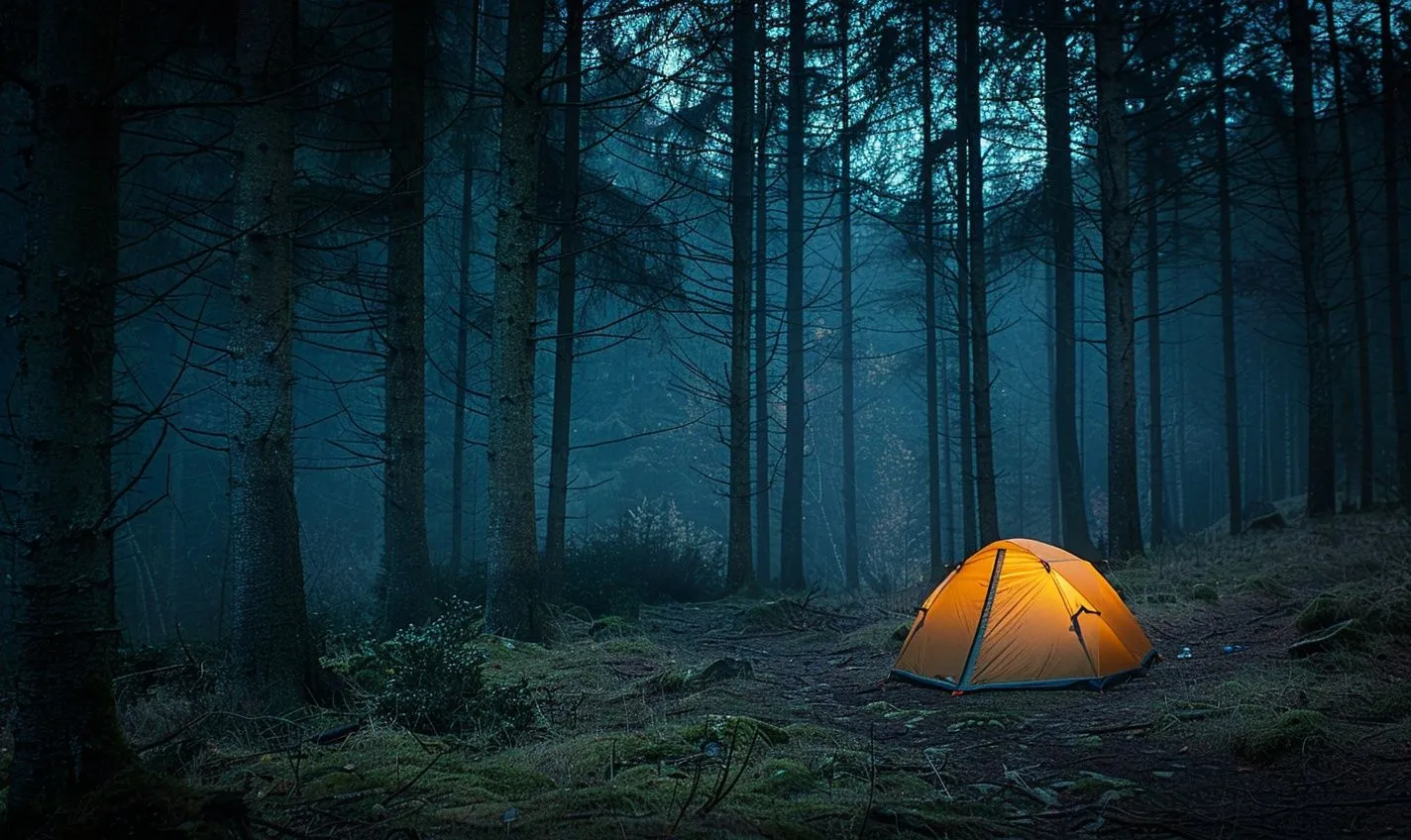
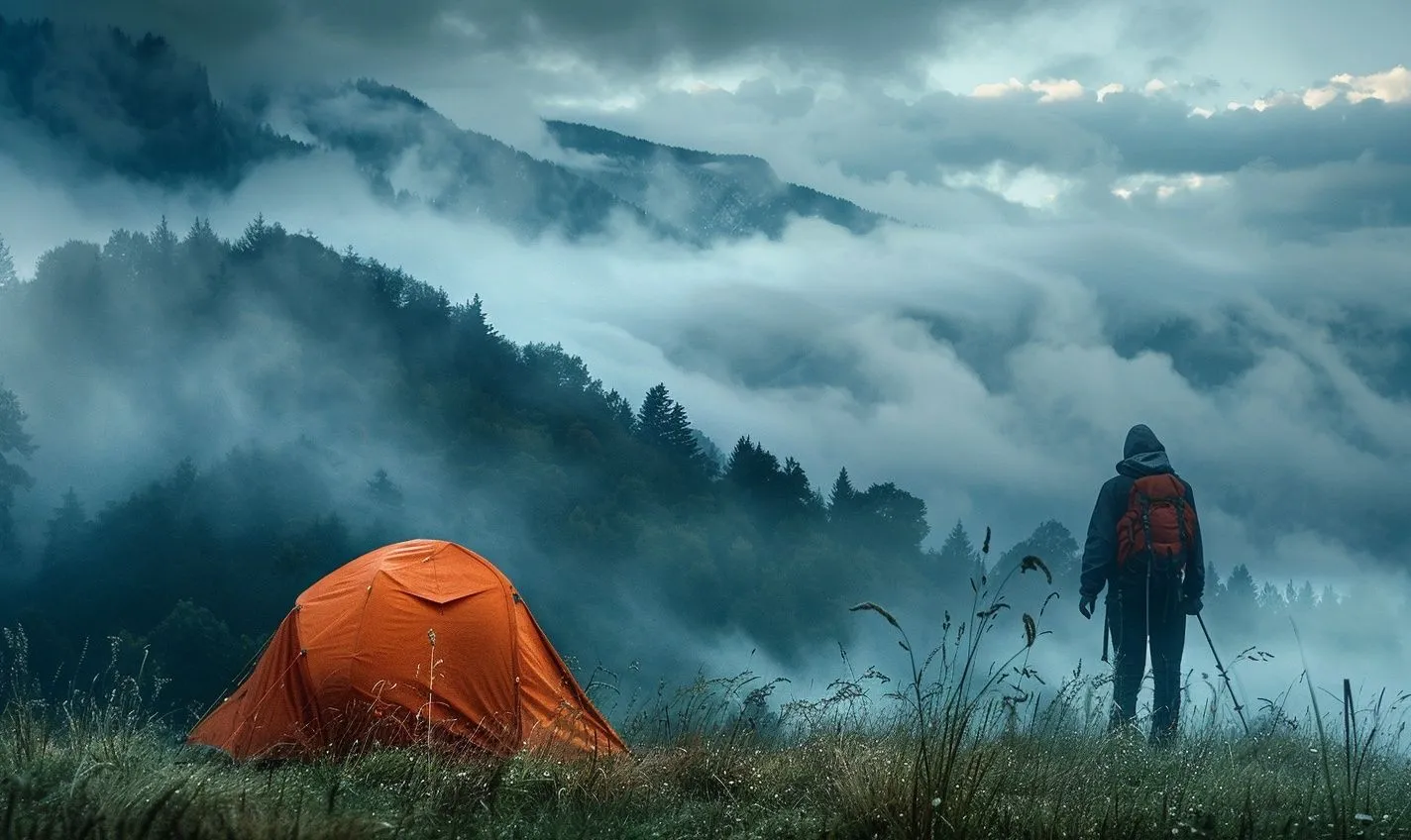
Choosing the Right Campsite
When it comes to camping safety, selecting the perfect campsite can make a difference. Here’s a comprehensive guide for solo campers and anyone looking to enhance their outdoor experience:
Consider Terrain and Accessibility
So, ask yourself, “Do I need to navigate rough terrain or prefer an accessible location?” Understanding the landscape can help you choose a campsite that meets your needs and abilities.
Check for Potential Hazards
But remember, safety first. Survey the area for potential dangers, such as loose rocks, overhanging branches, or areas prone to flooding. Prioritizing personal safety ensures a worry-free camping experience.
Search for Natural Wind Barriers
And what about wind direction? Look for natural barriers like dense bushes or large rocks to shield your campsite from strong gusts. A sheltered spot can significantly improve your comfort level.
And because your safety is paramount, follow these tips conscientiously when choosing your solo camping spot. Your camping adventure should be filled with excitement and joy, not worries and risks. So, take the time and effort to select a campsite that caters to your safety and enjoyment needs.
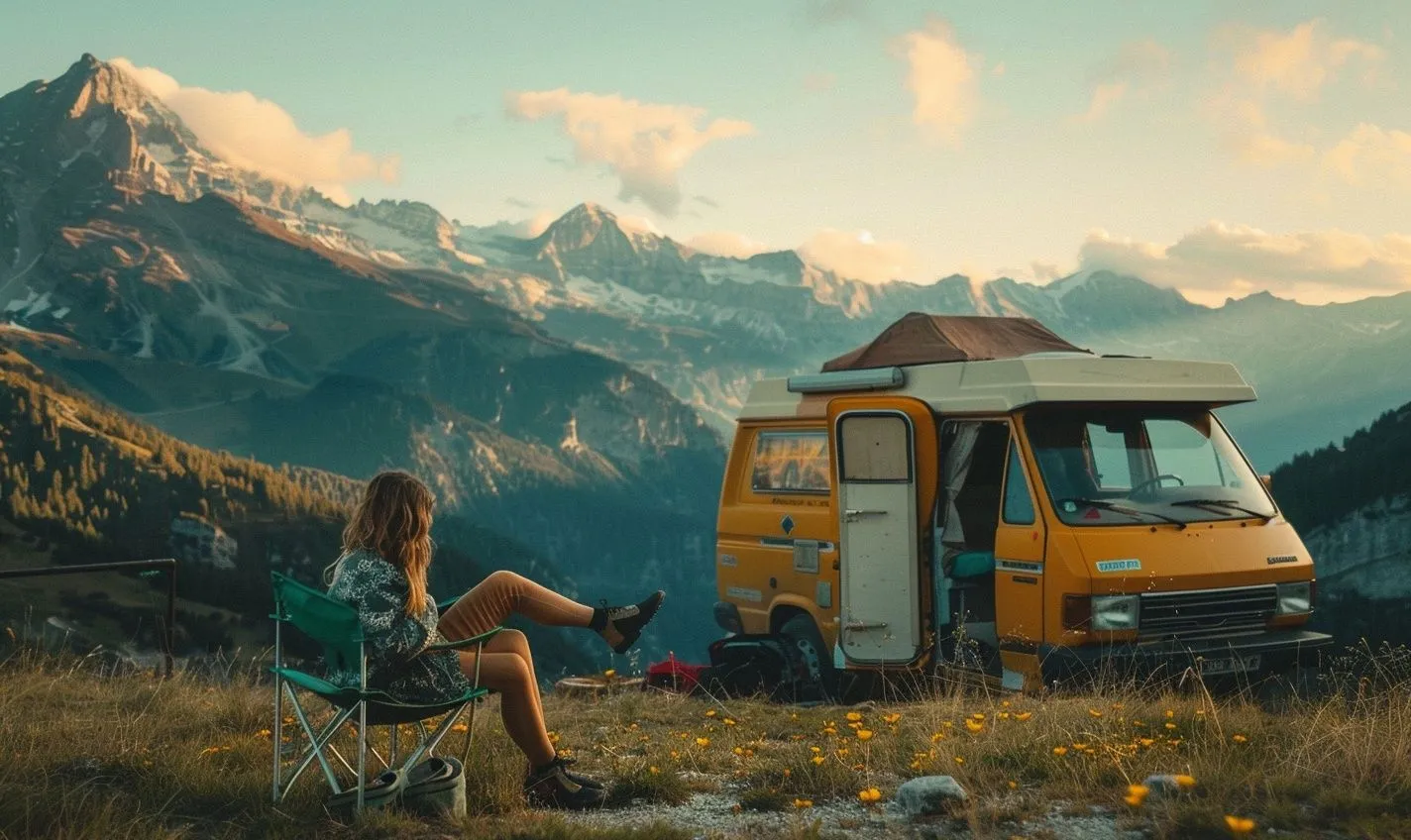
Informing Someone of Your Plans
Personal safety should be your top priority when embarking on a solo camping adventure. One crucial aspect of staying safe while camping alone is ensuring someone knows your plans and whereabouts. By keeping others informed, you can see that help can be sent your way if needed.
Being solo campers, it’s essential to have safety measures in place, and informing someone of your plans is vital. Here’s why:
Why Should You Inform Someone of Your Plans?
- Emergency Preparedness: In case of an accident or unexpected event, someone knowing your plans can expedite rescue efforts.
- Accountability: Letting others know your intended itinerary creates a sense of responsibility, encouraging you to stick to your plans.
- Peace of Mind: Knowing someone knows your whereabouts can alleviate anxiety and worry while camping alone.
Before heading out on your solo camping trip, make sure to share the following details with a trusted individual:
Key Information to Share
- Your intended destination and route to get there.
- The dates and duration of your camping trip.
- The make and model of your vehicle (if applicable) and its license plate number.
- The emergency contact number of the nearest park ranger station or campground office.
When solo camping, always remember that personal safety should never be compromised. By informing others of your plans, you are taking a proactive step towards ensuring your well-being during your outdoor adventure.
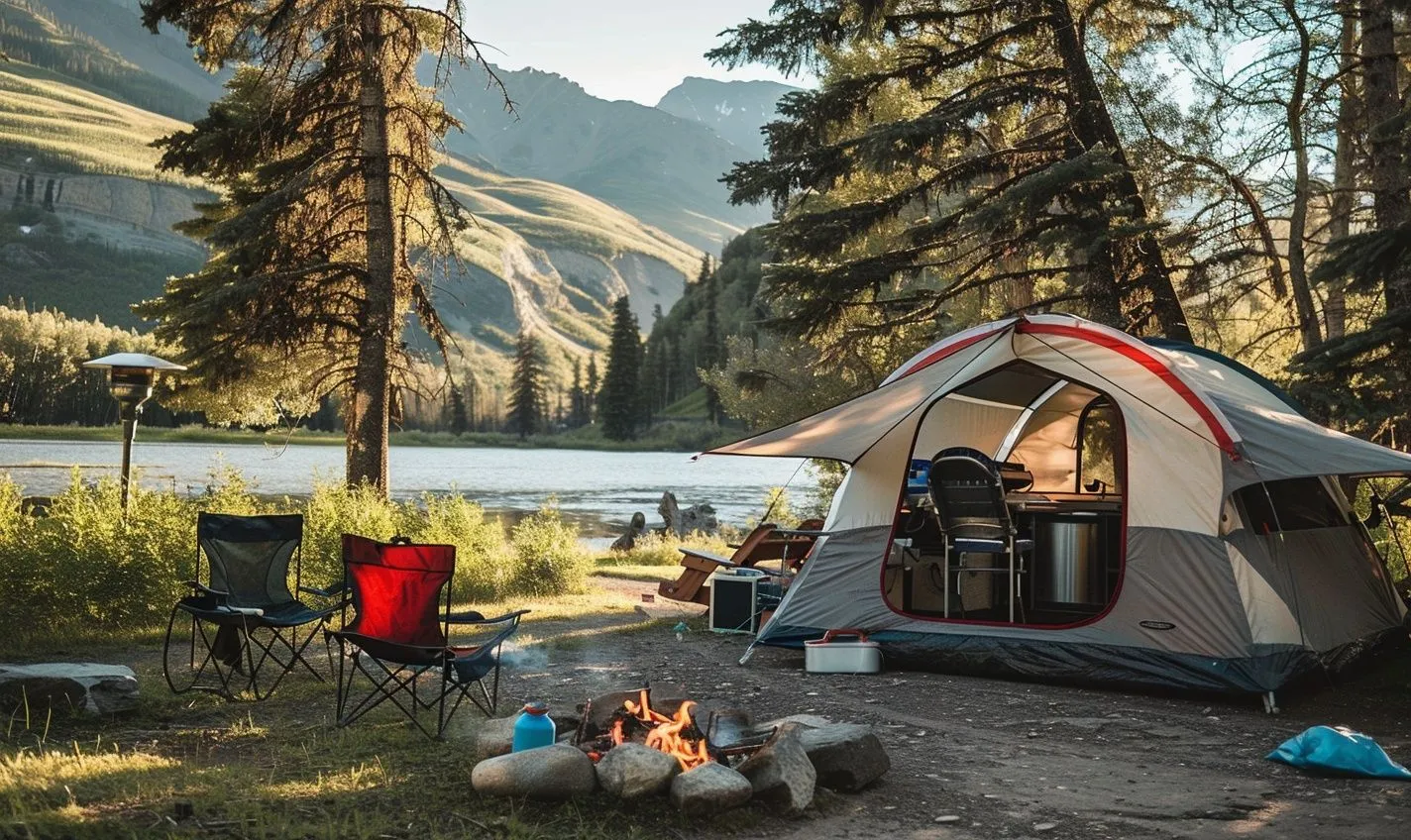
Ensuring Your Safety: A Comprehensive Guide for Solo Campers
Personal safety should be your top priority when heading out for a solo camping adventure. With the proper preparation and mindset, you can enjoy the great outdoors responsibly and securely. Here are some personal safety tips and camping safety measures for solo campers:
Bringing Essential Safety Gear
Being prepared with the right equipment can make all the difference in emergencies or unexpected situations. Here are some essential safety gear items to pack for your solo camping trip:
- A reliable first aid kit with necessary medications
- Emergency communication device such as a satellite phone or a personal locator beacon
- Navigation tools like a map, compass, or GPS device
- Proper lighting, such as a headlamp and extra batteries
- Emergency shelters such as a lightweight tent or emergency bivvy
- Signaling devices like a whistle or a mirror
Setting Up Camp Strategically
Choosing a suitable campsite and setting up your camp strategically can enhance your safety while solo camping. Consider the following tips:
- Set up your camp away from potential hazards like cliffs or unstable terrain.
- Keep food stored properly to avoid attracting wildlife near your campsite.
- Please inform yourself about the local wildlife and their behavior to prevent encounters.
Understanding Wildlife Safety
Respecting wildlife and understanding how to coexist with them is crucial for your safety in the wilderness. Remember these tips:
- Store food properly to prevent attracting animals to your campsite.
- Avoid approaching or feeding wild animals and observe them from a safe distance.
- Make noise while hiking to alert animals of your presence and avoid surprising them.
Solo campers can enjoy their outdoor adventures while prioritizing their safety by being proactive and prepared. With the right equipment, knowledge, and mindset, they can confidently and responsibly explore nature’s beauty.
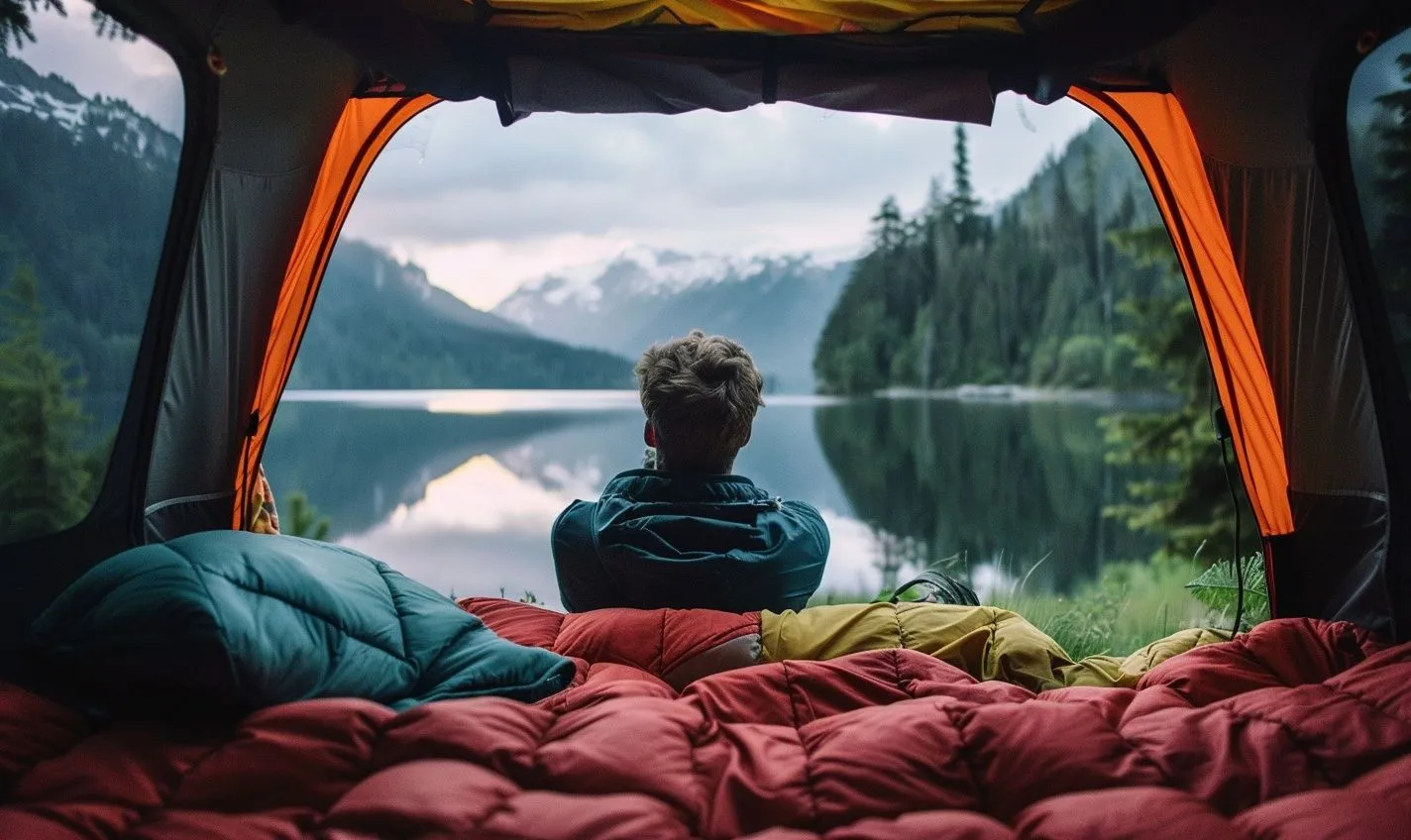
Setting Up Camp Strategically
When it comes to solo camping, personal safety is a top priority. One crucial aspect for solo campers to consider is setting up camp strategically. Here are some tips to ensure a safe and secure camping experience:
Choosing a Safe Spot
Before setting up your tent, survey the area for potential hazards, such as dead trees, uneven ground, or areas prone to flooding. Choose a flat, elevated spot away from cliffs or bodies of water.
Keeping a Low Profile
When setting up camp, keep a low profile to avoid drawing unwanted attention. Find a spot hidden from view but still offers easy access to essential resources like water and firewood.
Creating a Safety Perimeter
Establish a safety perimeter around your campsite by removing any brush or debris that could attract wildlife. Place belongings and cooking areas away from your sleeping area to minimize the risk of animal encounters.
And remember, always inform someone of your camping plans before heading out into the wilderness. This precaution can be a lifeline in case of emergencies.
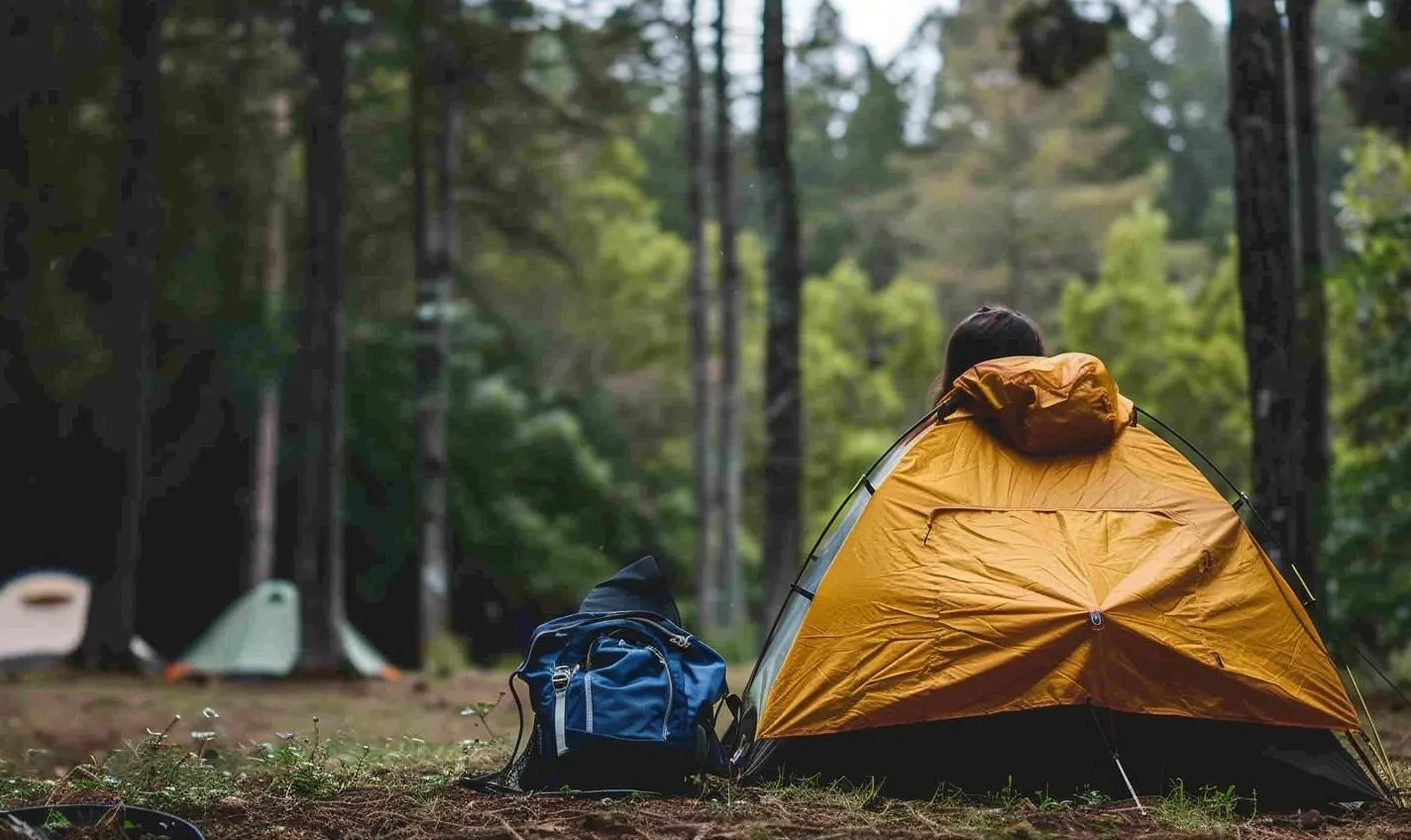
Understanding Wildlife Safety
Interacting with wildlife is an exciting experience when venturing into the great outdoors. However, taking personal safety precautions is crucial to avoid unwanted encounters. Here is a guide to help all solo campers stay safe amidst nature’s inhabitants:
Stay Informed
Knowledge is your best defense. Be aware of the types of wildlife that inhabit your camping area. Understanding their behaviors and habitats can help you anticipate and avoid potential risks.
Keep Your Distance
Respect the wildlife’s space and keep a safe distance at all times. Observing from afar allows you to appreciate nature’s beauty without intruding on its territory. It’s a win-win situation for both you and the animals.
Proper Food Storage
Wild animals have a keen sense of smell, especially for food. Ensure proper food storage by using bear-proof containers or hanging your food in a bear bag away from your campsite. This simple step can prevent curious animals from approaching your tent.
Make Noise
Make noise while hiking or camping to let wildlife know of your presence. This can help you avoid surprising an animal and reduce the chances of a sudden encounter. Remember, you’re a guest in their home.
By following these camping safety tips, you can peacefully coexist with wildlife and enhance your solo camping experience. Remember, nature is their home, and we are just visitors.
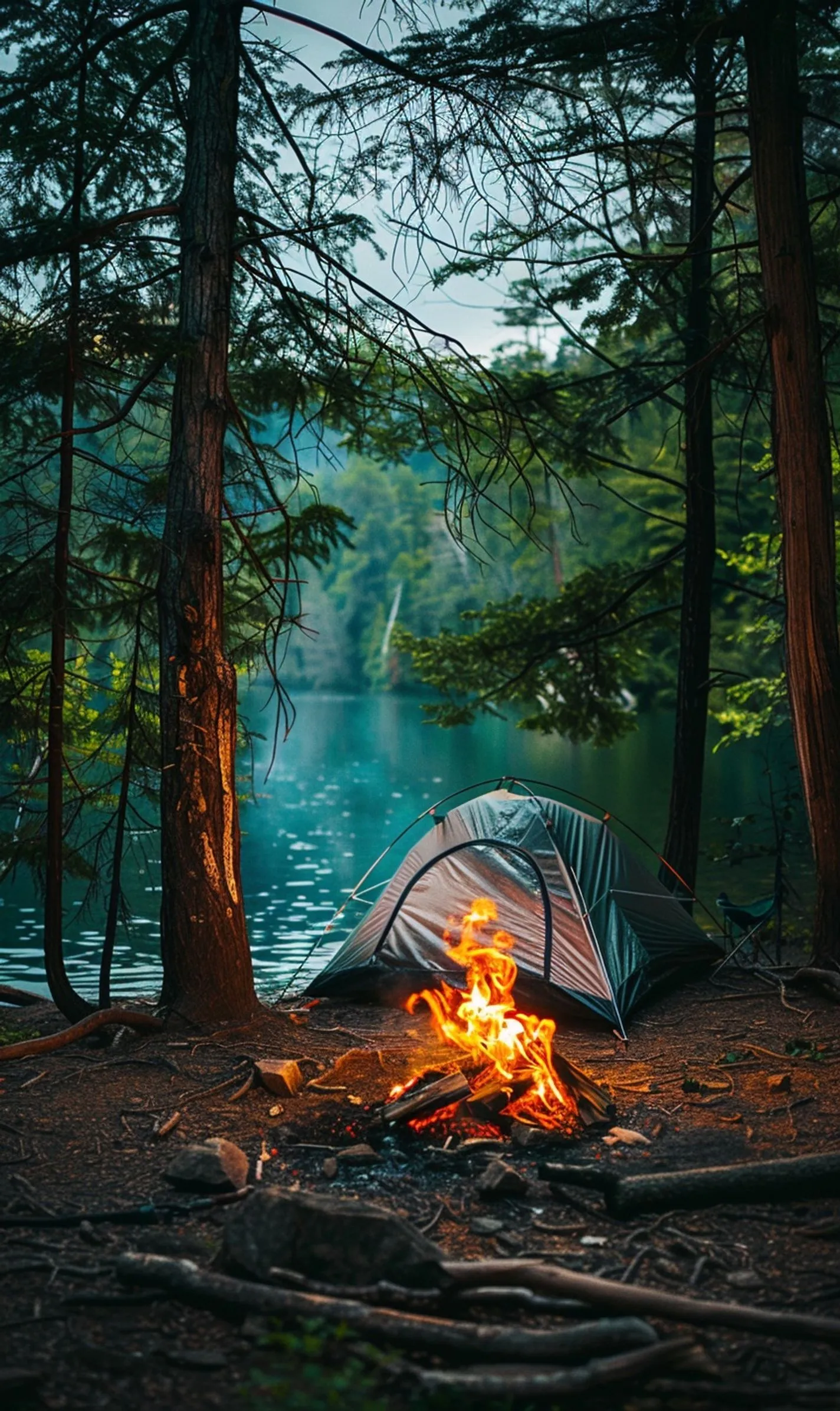
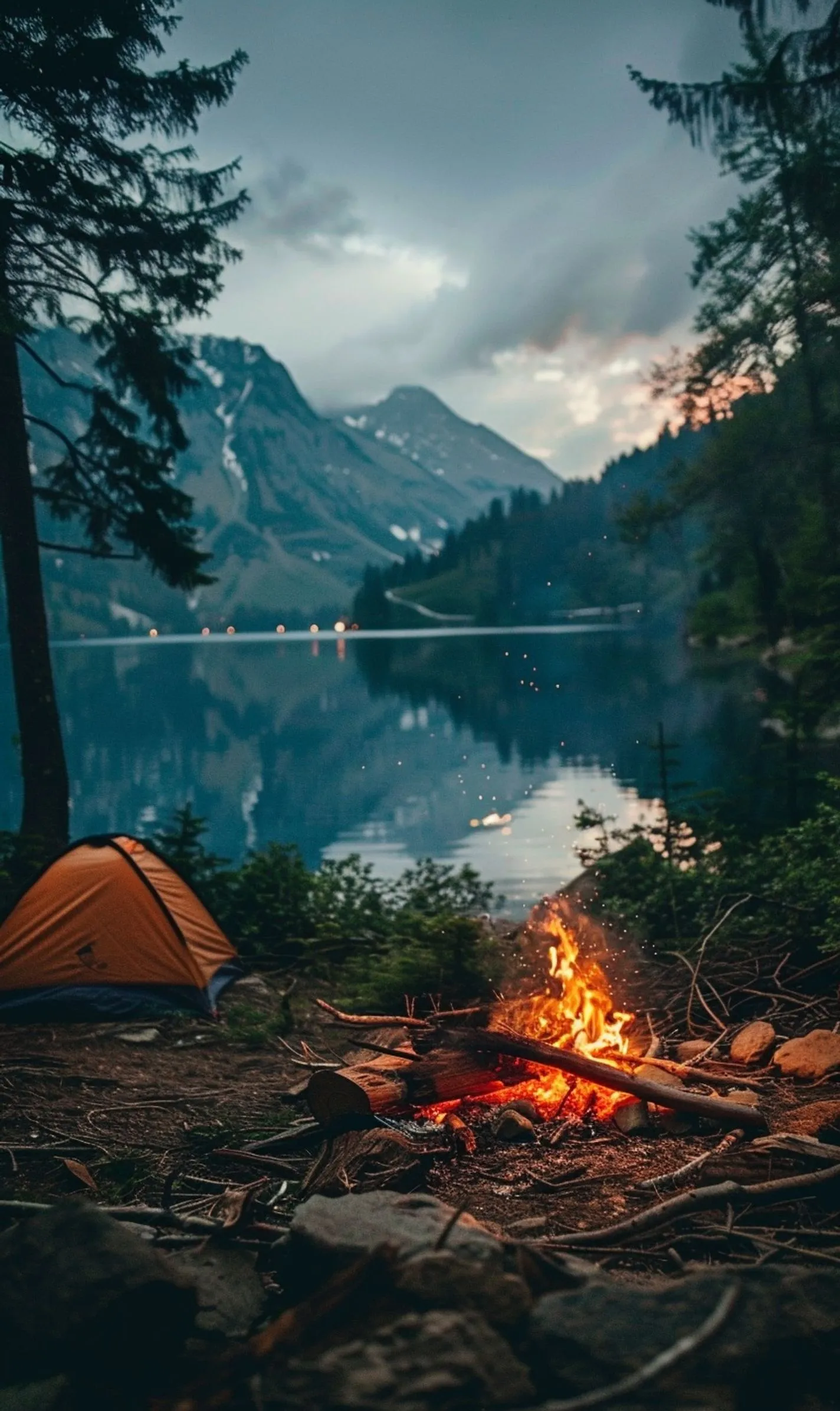
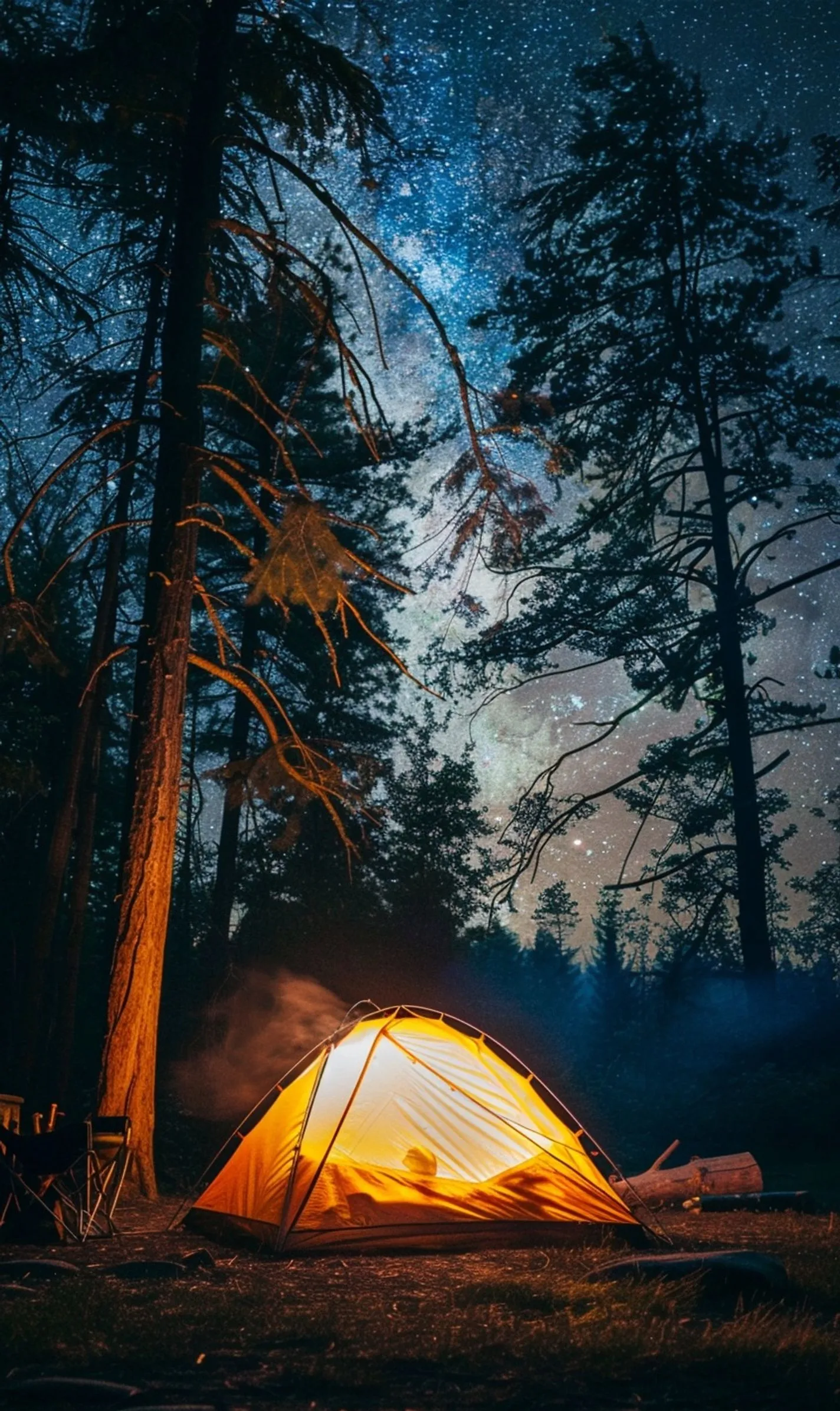
Fire Safety Precautions
Regarding camping safety, preventing fires should be at the top of your list of priorities. Here are some essential fire safety precautions to keep in mind:
Build Your Fire Responsibly
A campfire can provide warmth and comfort, but it can also quickly get out of control. Remember to:
- Clear the area around your fire pit of any debris.
- Use a designated fire ring or pit if available.
- Never leave your fire unattended.
Extinguish Your Fire Properly
Putting out your campfire correctly is crucial for preventing wildfires. Ensure you:
- Allow the wood to burn completely to ash.
- Pour water over the fire and stir the ashes until cold to the touch.
- Repeat this process until no embers remain.
Be Mindful of Fire Hazards
Preventing fires goes beyond just your campfire. Keep these tips in mind:
- Avoid using flammable liquids to start a fire.
- Store propane tanks away from high heat.
- Never throw cigarettes or matches on the ground.
Remember, a single spark can ignite a massive forest fire.
Pack a Fire Extinguisher
Having a fire extinguisher on hand can be a lifesaver in emergencies. Ensure it is easily accessible and everyone in your group knows how to use it.
Personal safety should always be a consideration when embarking on a solo camping trip. By following these fire safety precautions, you can enjoy your outdoor adventure with peace of mind. Stay safe, stay responsible.
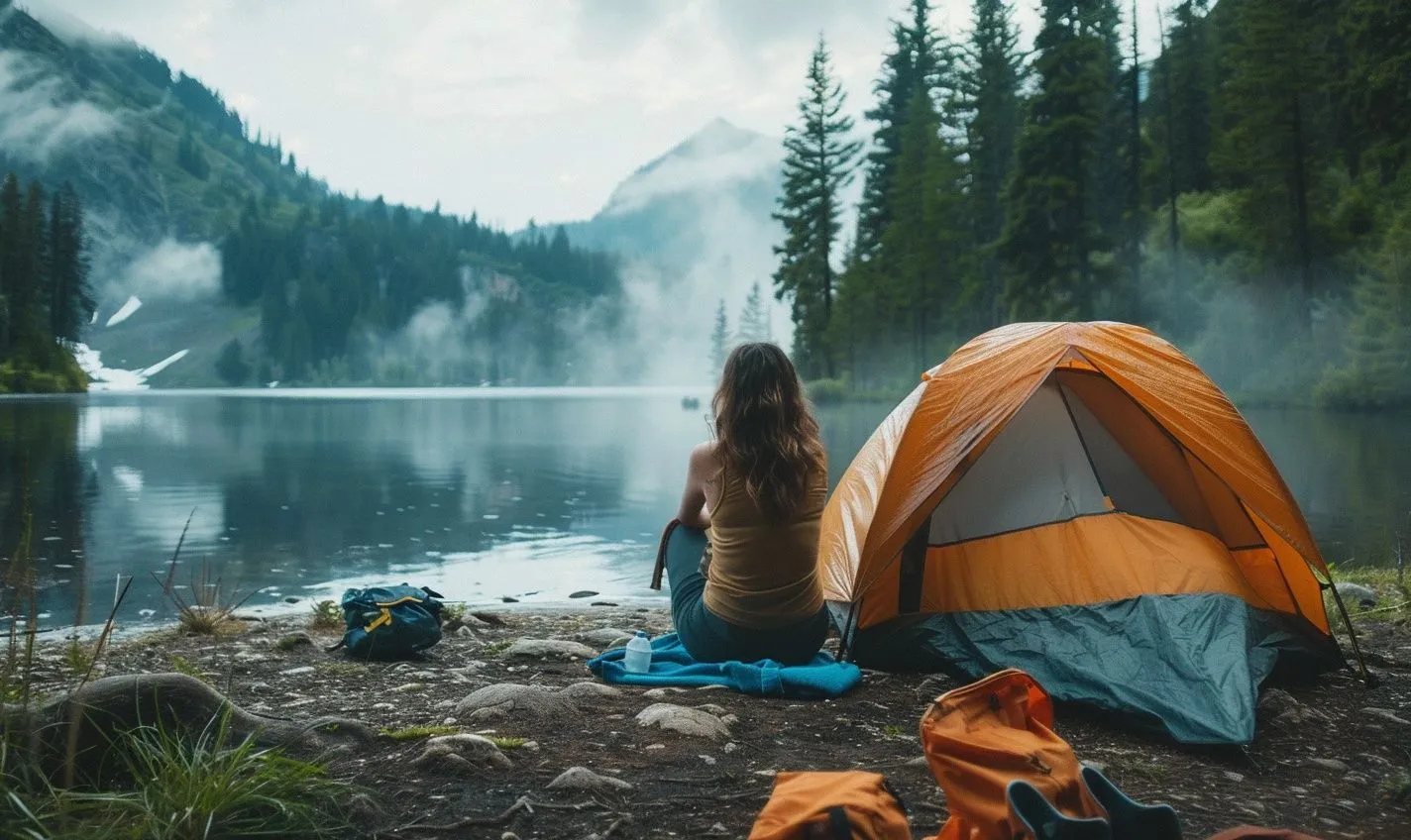
Navigation and Communication Tools
When it comes to solo camping, being well-equipped with the right tools can make all the difference in ensuring your safety. Whether trekking through dense forests or across vast open fields, having the necessary gear for navigation and communication is crucial. Here’s a guide on the essential items:
GPS Device or Smartphone with GPS Functionality
An excellent GPS device or a smartphone with GPS capabilities can help you pinpoint your location accurately, making it easier to navigate through unfamiliar terrains. With features like offline maps, you can stay on course without a cellular signal.
Compass and Map
While technology is great, it’s always wise to have a backup plan. If your electronic devices fail, a compass paired with a physical area map can be a lifesaver. Knowing how to read a map and use a compass is valuable for any solo camper.
Whistle and Signal Mirror
In emergencies, a whistle can help you signal for help over long distances, even when your voice might not carry. A signal mirror is another handy tool for catching the attention of potential rescuers by reflecting sunlight toward them.
Portable Charger or Power Bank
Keeping your communication devices powered up is essential for your safety. A portable charger or power bank can ensure that your phone or GPS device doesn’t die when you need it the most. Remember, staying connected can be a game-changer in critical situations.
With these navigation and communication tools, you can enhance your camping safety and enjoy your solo camping adventure with peace of mind. These tools are not just equipment but your lifelines in the great outdoors.
Maintaining Situational Awareness
Personal safety should always be a top priority when venturing into the great outdoors, especially for solo campers. One crucial aspect of camping safety that is often overlooked is maintaining situational awareness.
What is Situational Awareness?
Situational awareness is the ability to perceive and understand your surroundings, anticipate potential risks, and make quick decisions to ensure your safety. It’s like having a mental radar constantly scanning for possible environmental dangers or changes.
Why is it Important for Solo Campers?
For solo campers, being acutely aware of your surroundings can mean distinguishing between a safe and enjoyable trip or finding yourself in a precarious situation alone. By staying alert and tuned in, you can better respond to any unexpected events that may arise.
Tips for Enhancing Situational Awareness:
- Regularly scan your surroundings, noting any unusual noises or movements.
- Trust your instincts – if something feels off, it’s better to err on caution.
- Avoid being distracted by electronic devices or other non-essential activities.
Benefits of Maintaining Situational Awareness:
By honing your situational awareness skills, you safeguard against potential dangers and enhance your overall camping experience. You’ll be more attuned to the beauty of nature around you and feel greater confidence in navigating the wilderness on your own.
Remember, safety always comes first when embarking on a solo camping adventure. By staying alert, proactive, and engaged with your surroundings, you can enjoy the serenity of nature while ensuring a safe and memorable outdoor experience.
Conclusion
As a solo camper, your safety should always be your top priority. By following the personal safety tips outlined in this solo camping guide, you can ensure a safe and enjoyable experience in the great outdoors.
Remember to always let someone know your camping plans, pack essential safety items, and trust your instincts regarding unfamiliar situations. Being prepared and proactive can minimize risks and help you stay safe while solo camping.
Whether you are an experienced camper or just starting, these camping safety tips apply to everyone venturing out into nature alone. Taking precautions and staying alert can make all the difference in ensuring a successful and hazard-free camping trip.
So, before you head out on your next solo camping excursion, review these personal safety tips and equip yourself with the knowledge and tools needed to handle any potential risks that may arise. With the proper preparation and mindset, solo camping can be a rewarding and empowering experience that allows you to connect with nature on a deeper level.
Frequently Asked Questions (FAQs)
What are some essential personal safety tips for solo campers?
Solo campers should inform someone of their itinerary, carry a first aid kit, have a charged phone, and trust their instincts about their surroundings.
How can solo campers ensure camping safety?
Solo campers should choose well-lit campsites, lock their belongings when away, and avoid posting their exact location on social media to maintain their safety.
What should be included in a solo camping guide for personal safety?
A solo camping guide for personal safety should include tips on navigation, first aid, packing essentials, and emergency contacts to ensure a safe camping experience.
Is it safe for solo campers to venture into remote areas?
Solo campers should assess their skills and comfort before venturing into remote areas. Proper navigation tools and knowledge are essential in such situations.
How can solo campers stay alert and aware of their surroundings?
Solo campers can stay alert by avoiding distractions, listening to natural sounds, and regularly scanning their surroundings for potential risks or changes.
What safety precautions should solo campers take during extreme weather conditions?
Solo campers should monitor weather forecasts, have appropriate clothing and gear for the conditions, and seek shelter or evacuate to a safe location if necessary.

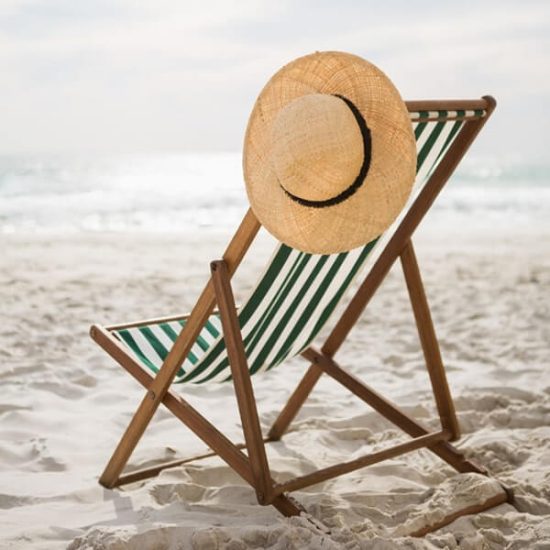
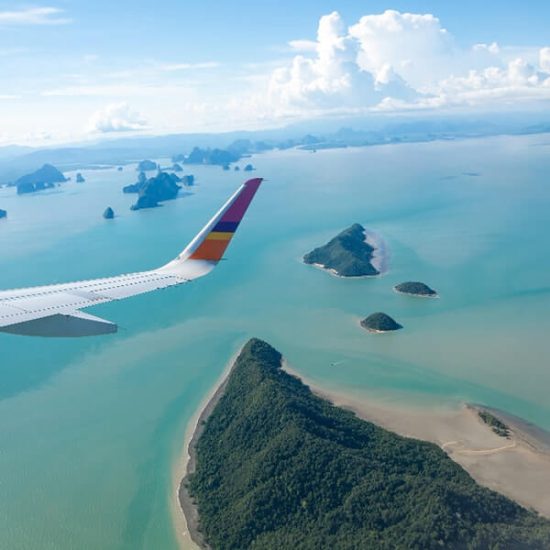

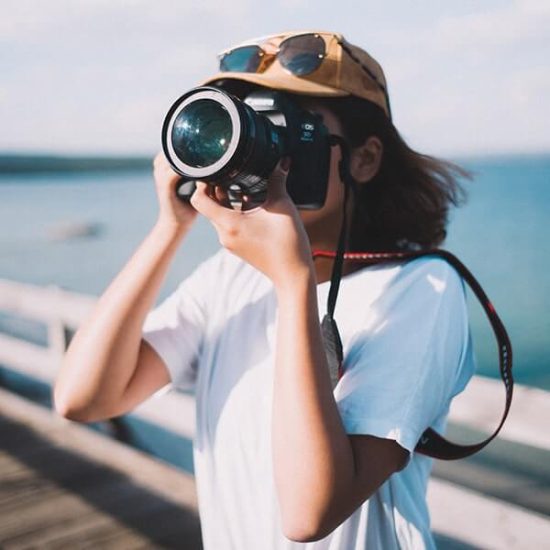
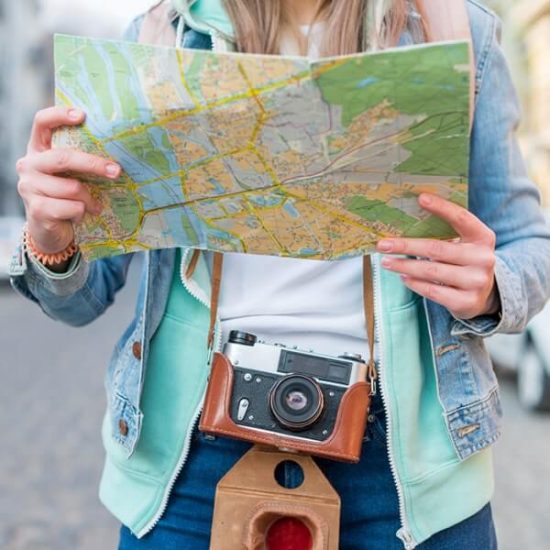
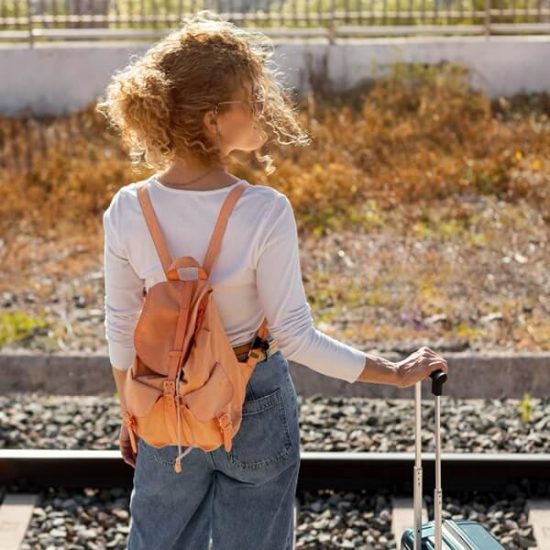
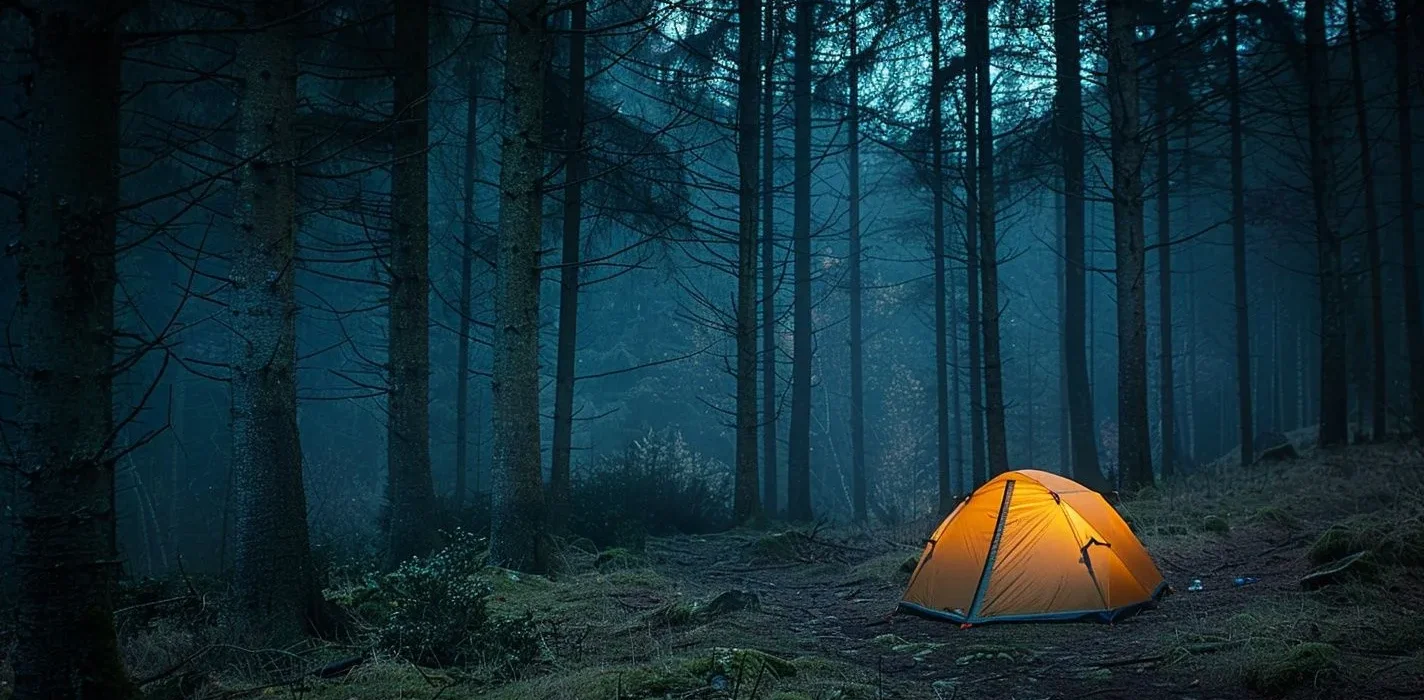
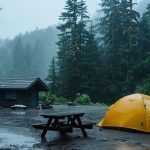
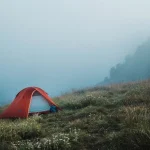
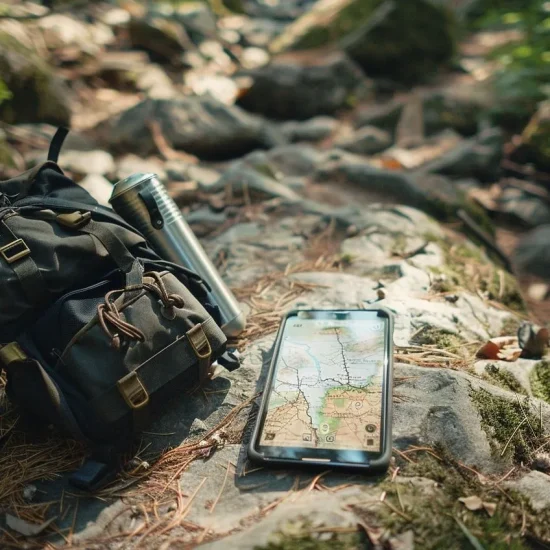
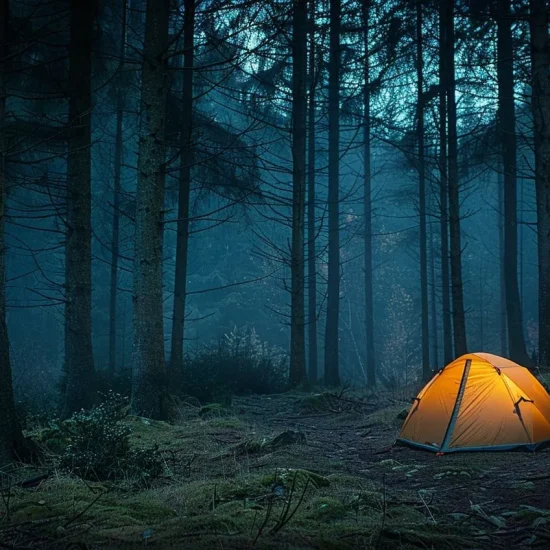
No Comment! Be the first one.